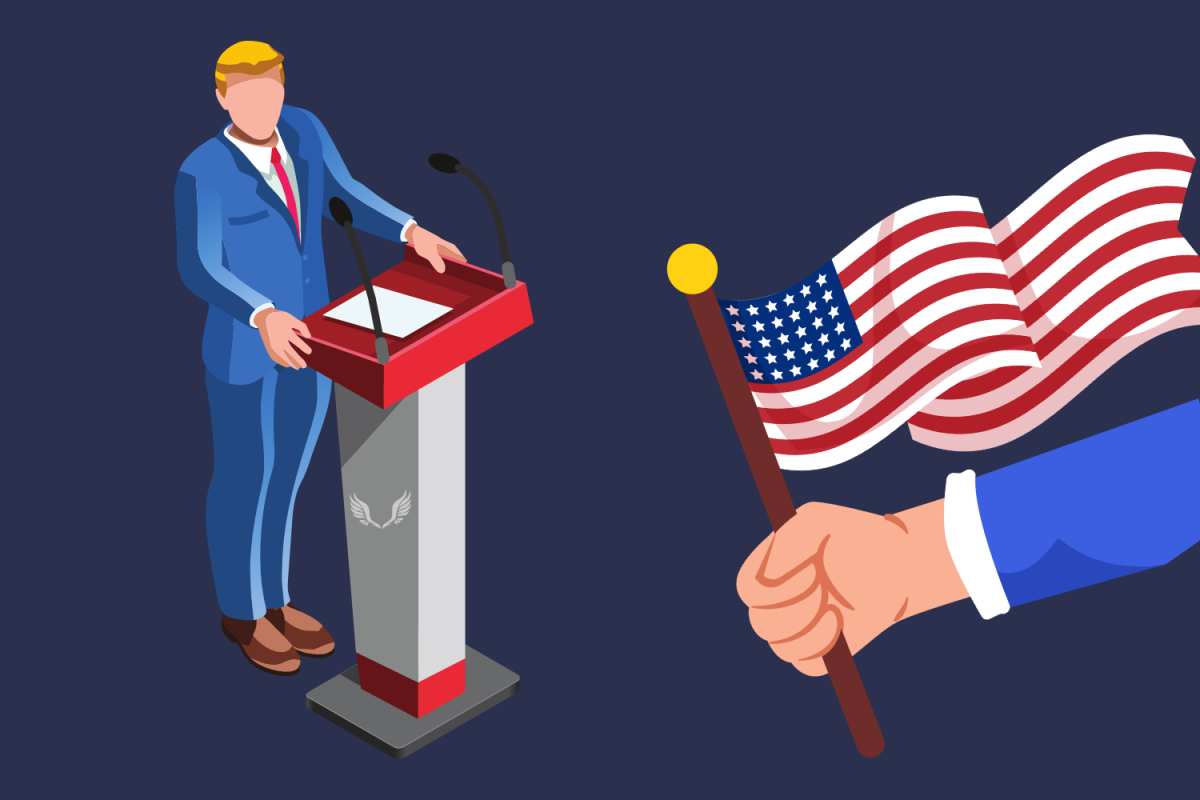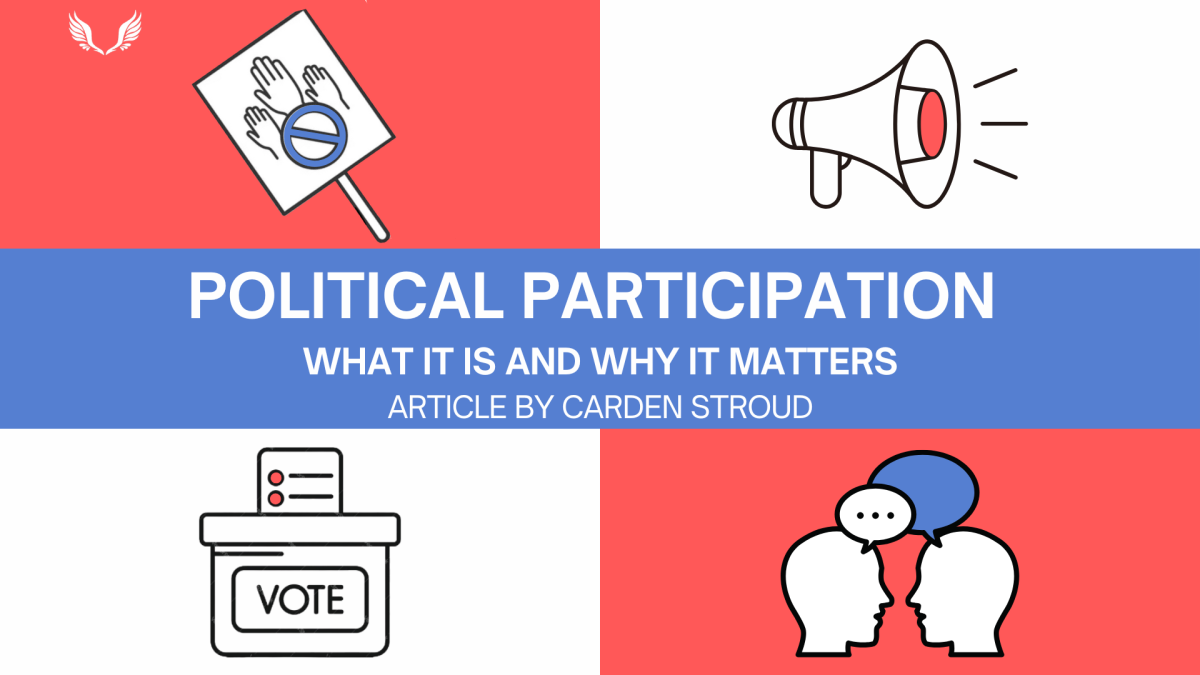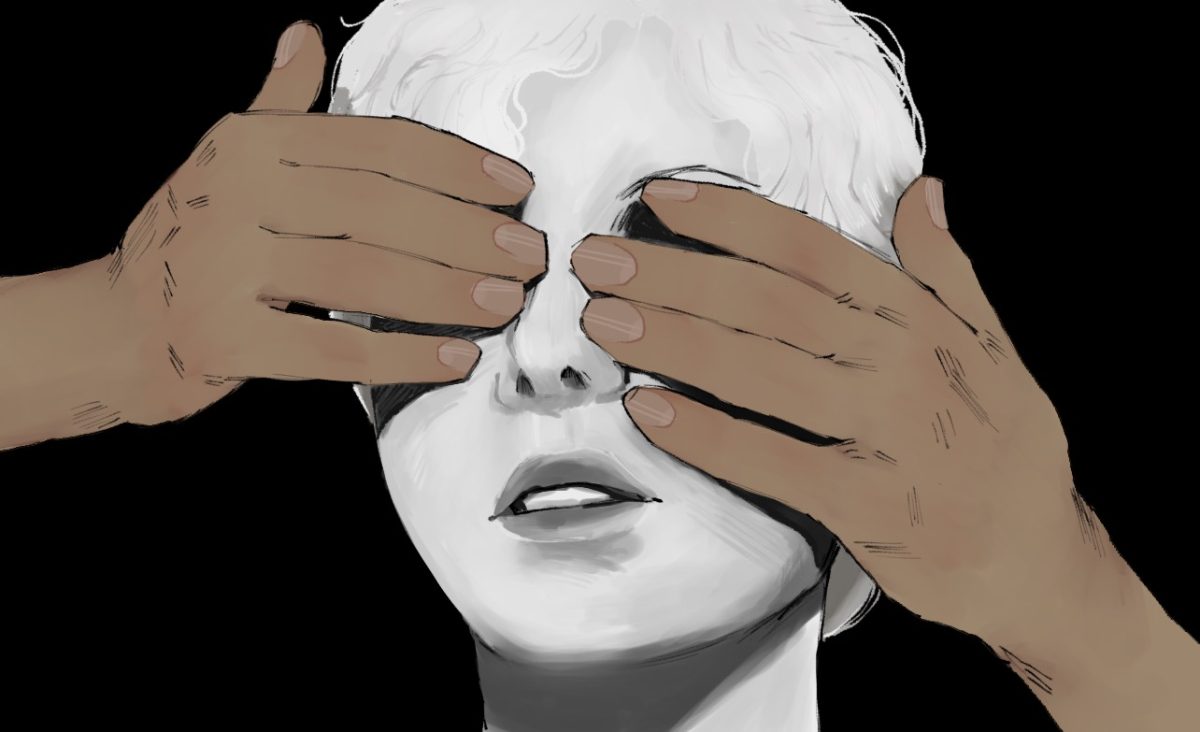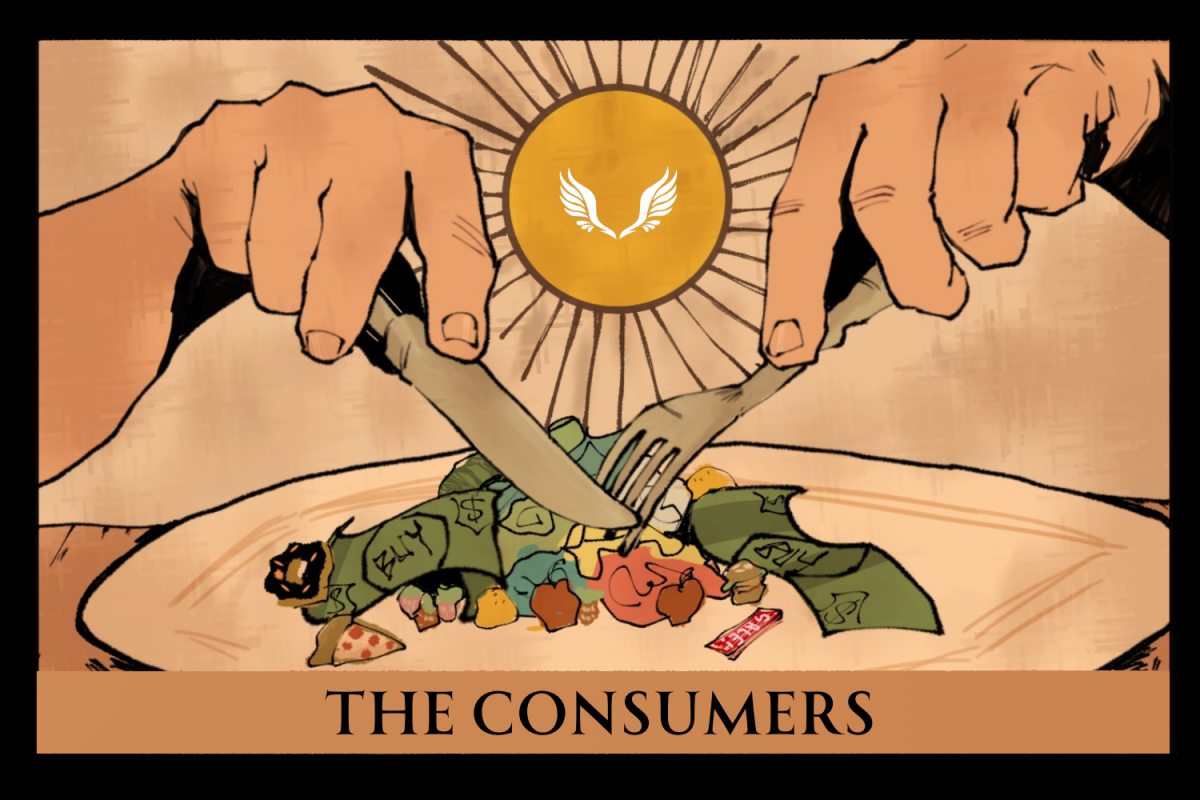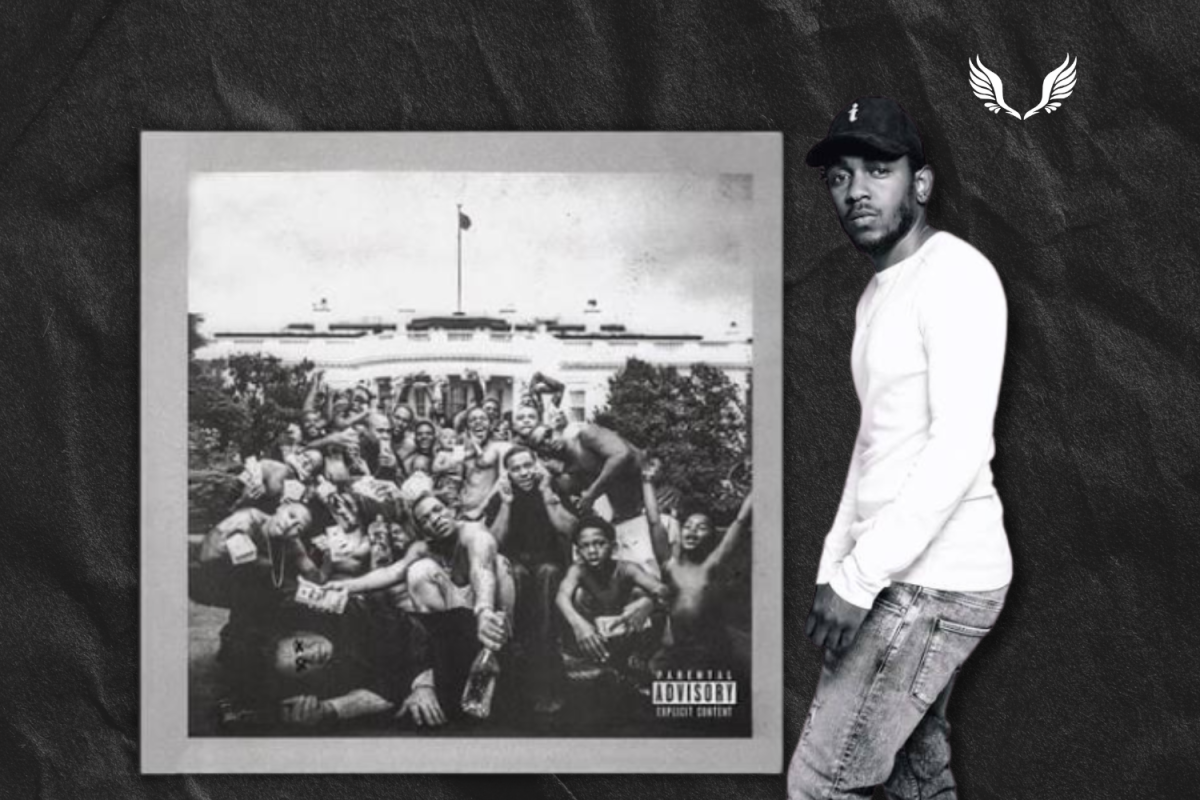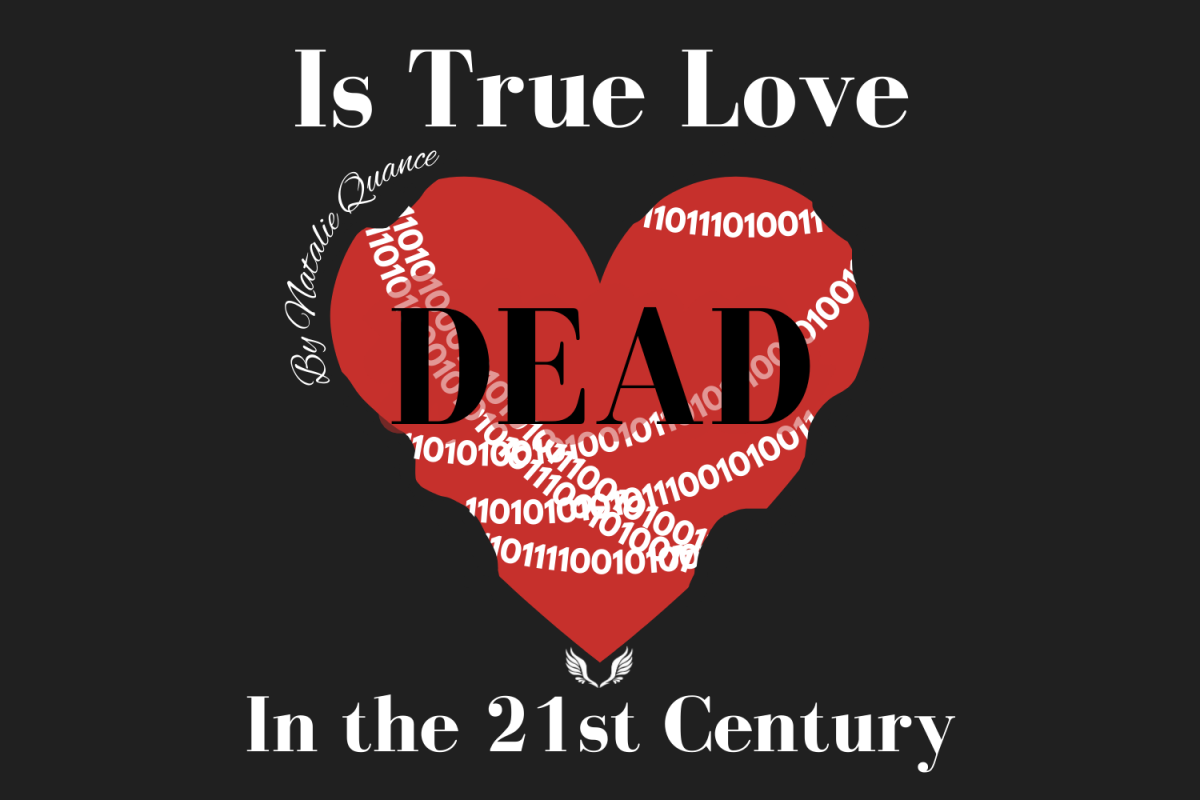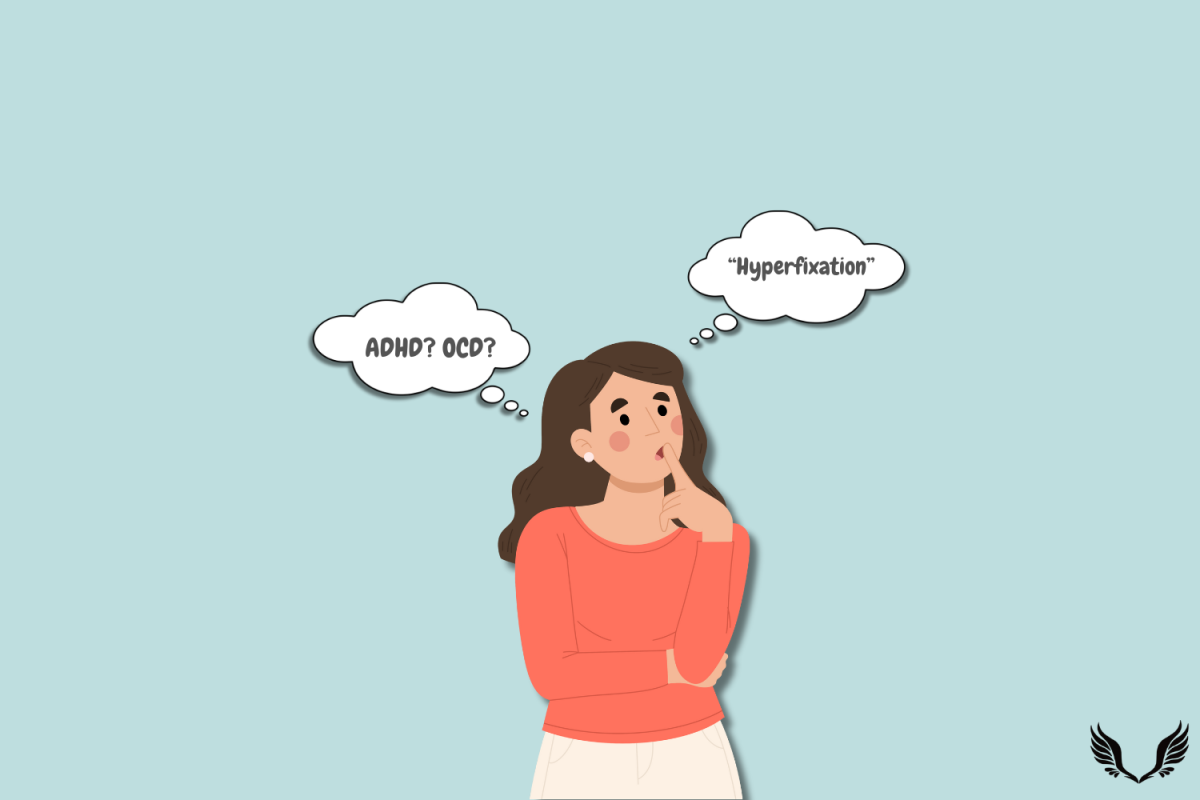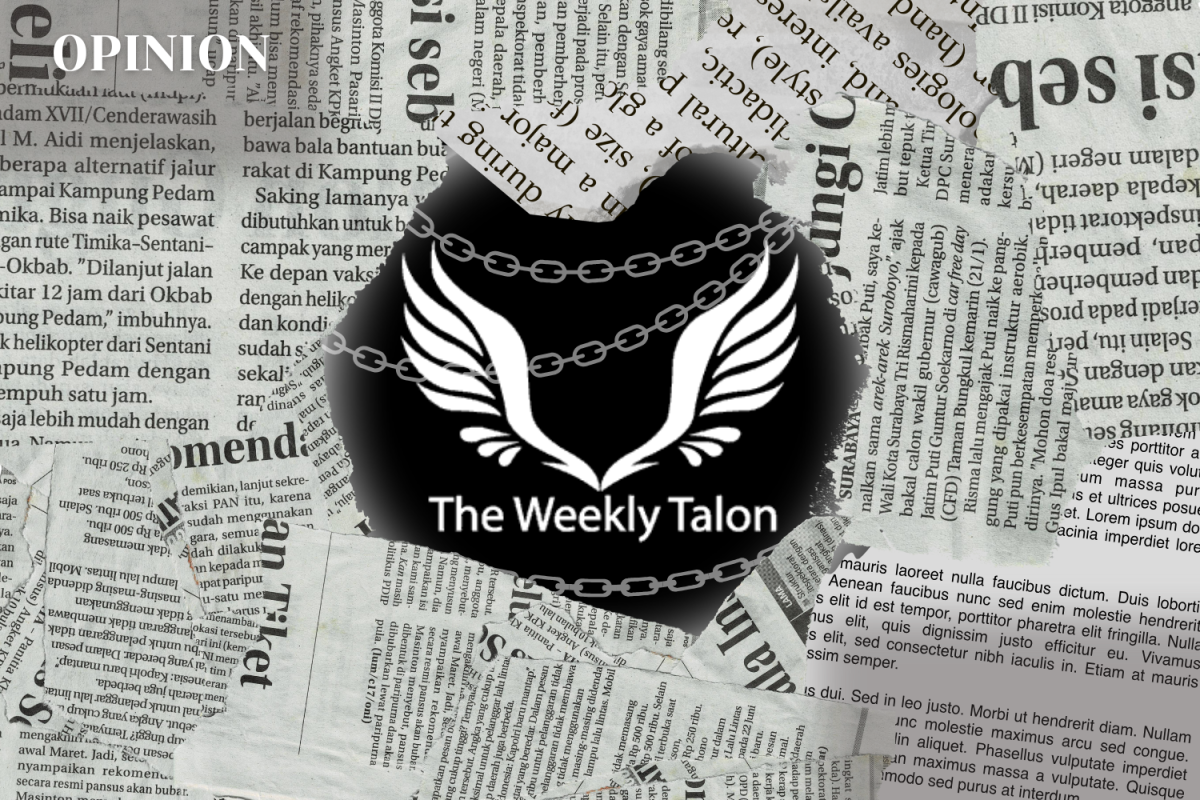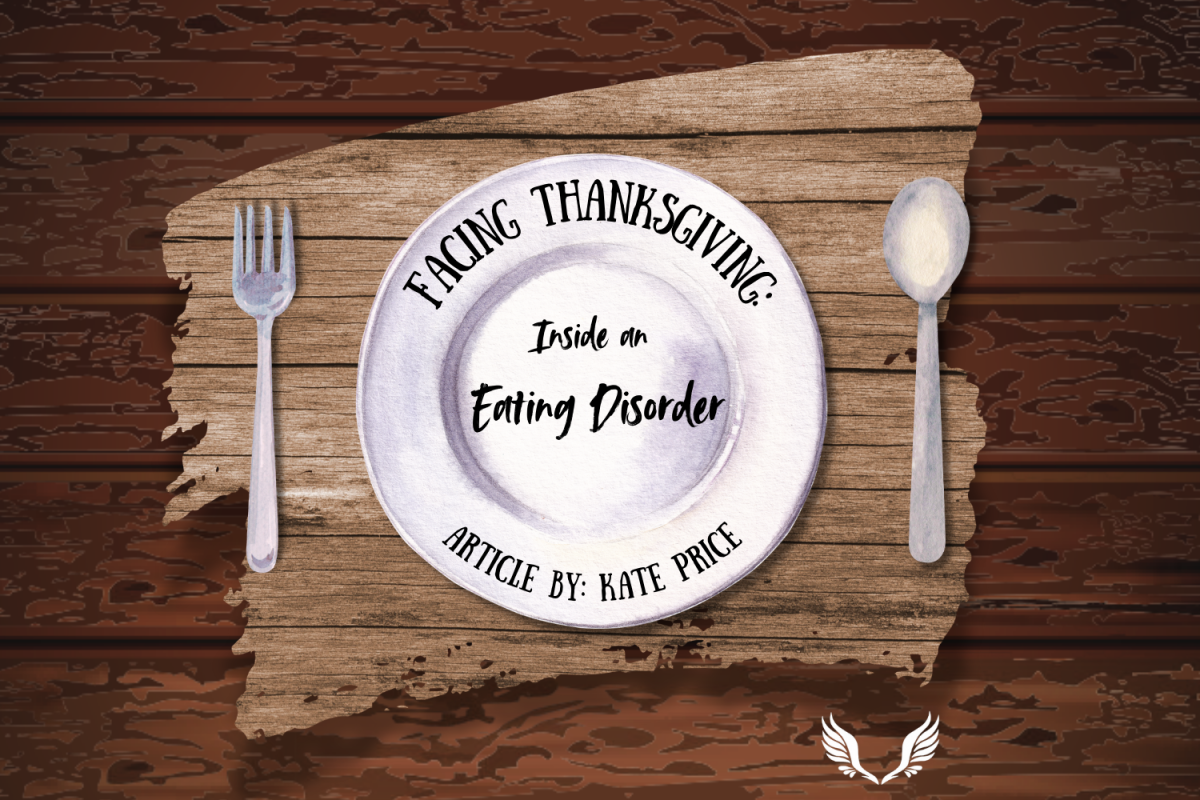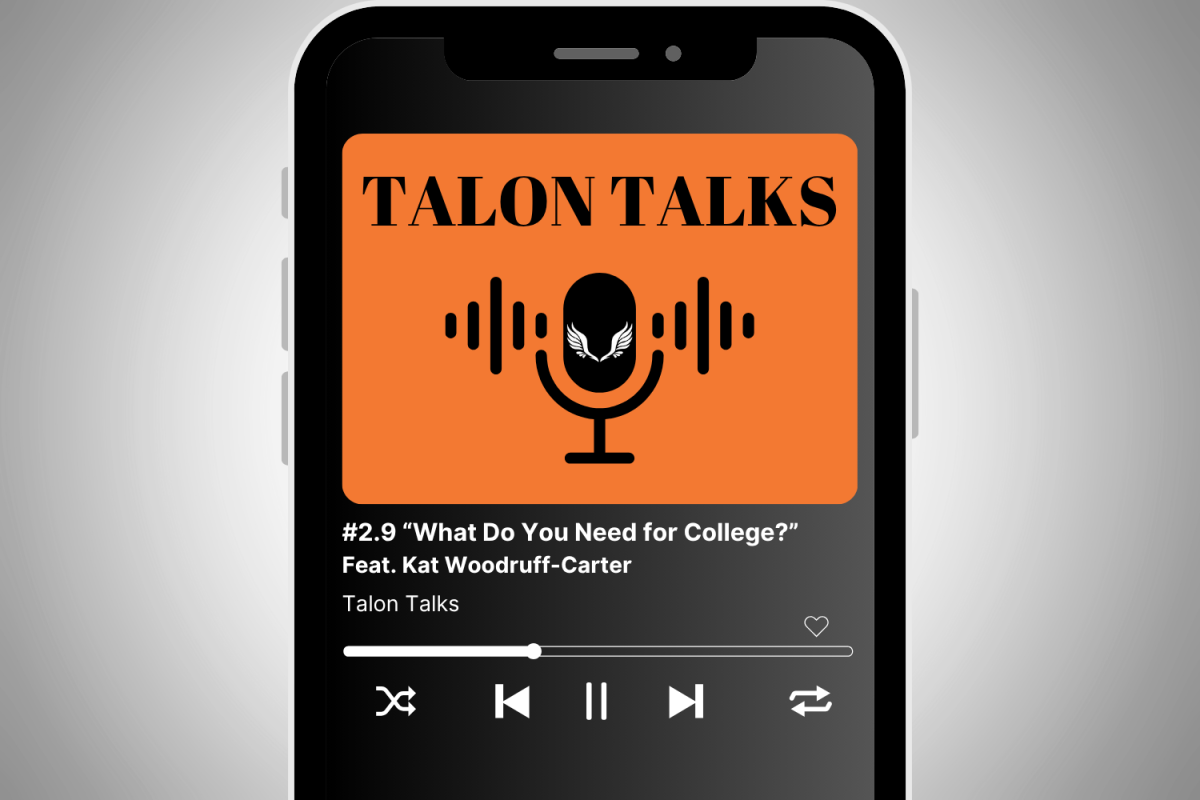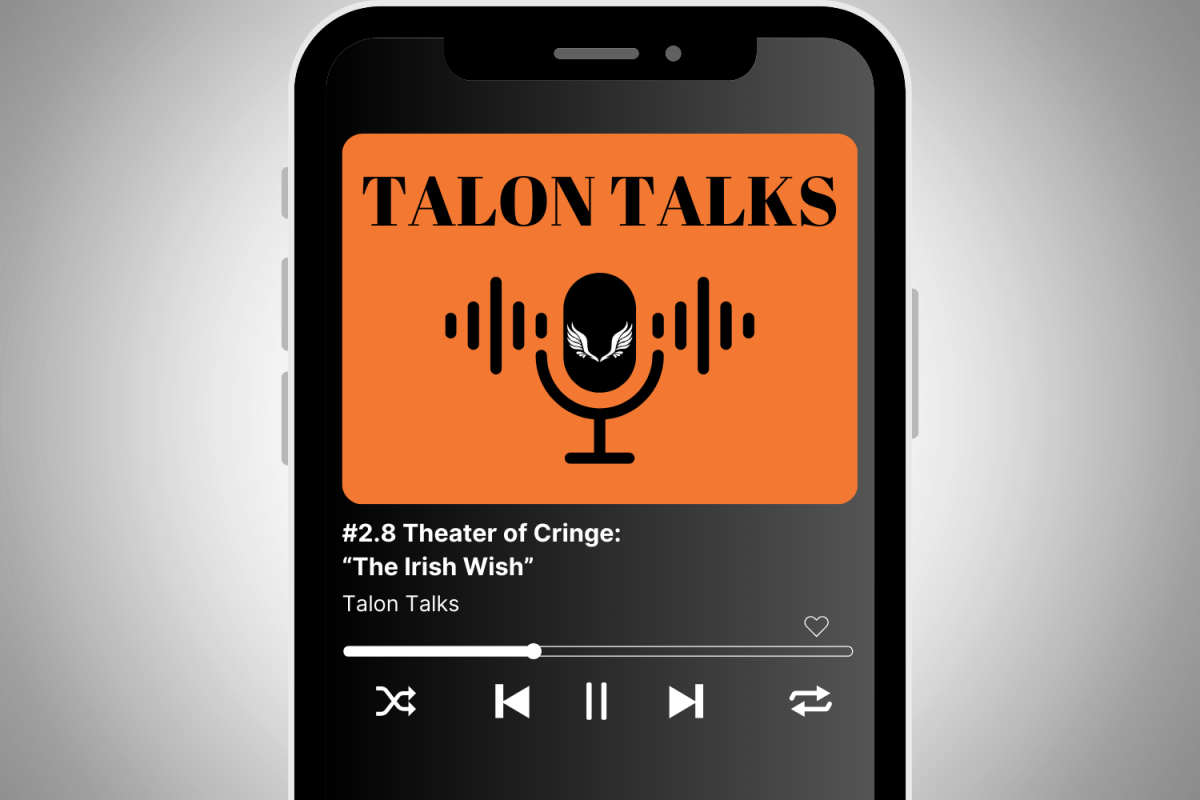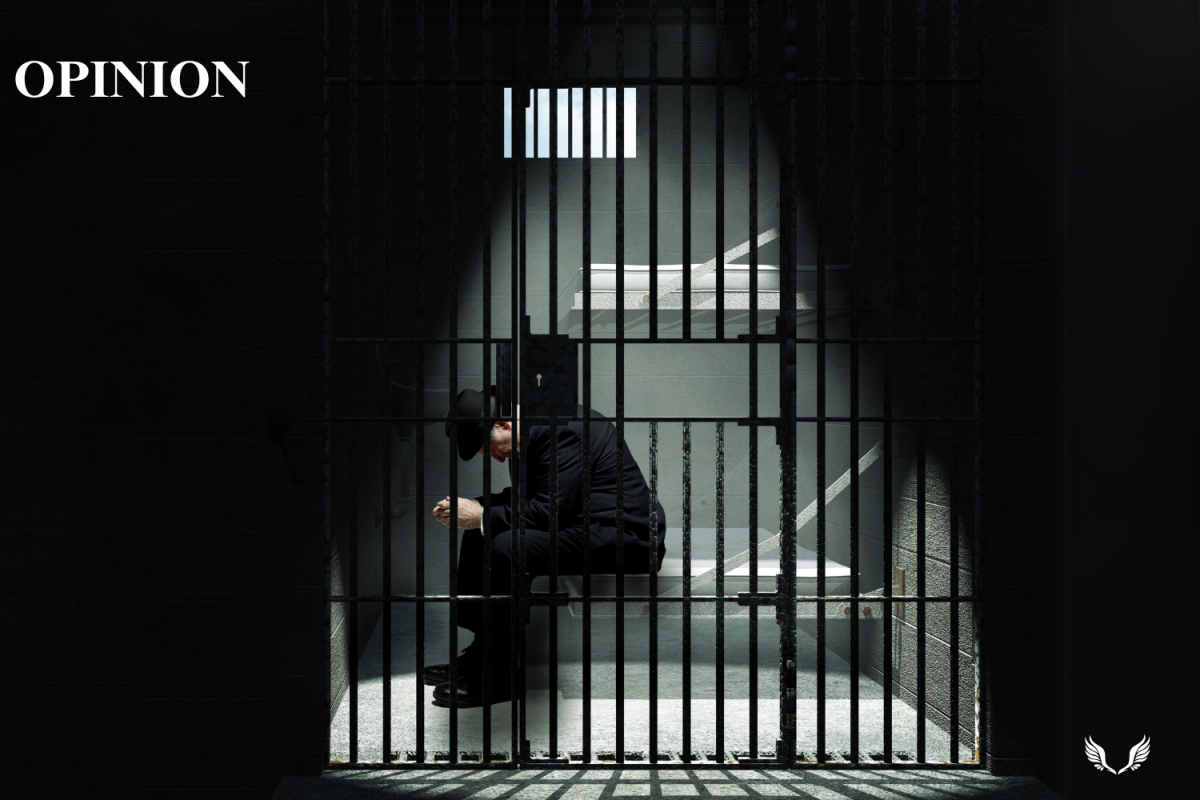You walk out of the hospital and take a breath of fresh air. You just found out that for the first time in years, you are cancer-free. But the joy is not long-lived. You glance down at the papers in your hands. The bill. With an average of $150,000, paying off your medical bills working minimum wage would take decades. And it doesn’t take a debilitating medical condition to leave you with bills that millions of Americans would struggle to pay off. The average ER bill in the United States is nearly $1,400. During the recent election, it was discussed and the question continues to come up time and time again. Do we need affordable and universal healthcare in the United States?
Most people know what affordable healthcare entails, but universal healthcare is a bit more complicated. Before we begin we need to answer one question, what is universal healthcare? Simply put, it is a system in which all residents of a country or region are provided access to healthcare. Along with universal healthcare, however, is the argument that it also needs to be free. A majority of developed countries have universal healthcare and many of them have free or affordable healthcare too. Map of Healthcare across the world.
The Debate
Healthcare in the United States is a heavily debated topic. With one side adamant about getting free and universal healthcare and the other calling it communism, it seems like the debate will never end. So what are both sides saying?
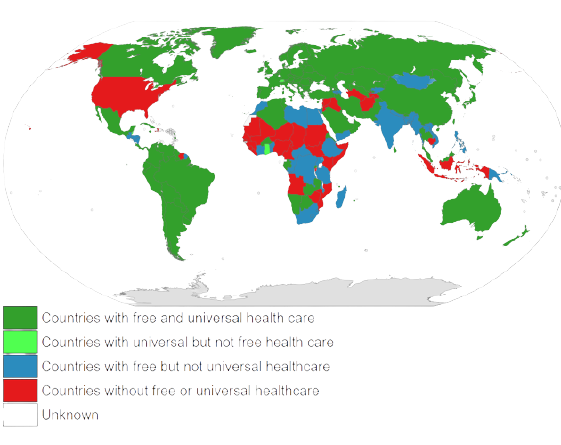
The Cost
The term ‘free healthcare’ is thrown around during these debates with not much thought going into if it is truly ‘free’. So is it? Sort of. Canada, Australia, and numerous European countries (commonly the Scandinavian countries) are often referenced during arguments about free healthcare because of their outstanding systems. But it isn’t so much free as it is paid for ahead of time through taxes and government funding. Essentially you pay more in taxes that go to public healthcare and in return, you don’t pay for it (or pay very little) when you are at the doctor. A lesser brought up topic when discussing the cost of healthcare is government spending. The United States spends a greater amount on healthcare than other comparable countries with universal healthcare. According to a published report written by economist Gerald Friedman, the US could save half a trillion dollars annually and reduce pharmaceutical prices significantly. On the flip side, however, implementing a system like this could increase the national deficit by $32.6 trillion in the first 10 years.
In conclusion, the implementation of a universal and affordable healthcare system has its share of trade-offs when it comes to cost.
It’s a Human Right
That’s right, according to the Universal Declaration of Human Rights written by the UN in 1948, Article 25 states “Everyone has the right to a standard of living adequate for the health and well-being of himself and of his family including…medical care…” Even the Declaration of Independence, says, “Unalienable Rights, that among these are Life, Liberty, and the pursuit of Happiness.” Healthcare can be presumed to be a part of this, given that a long and healthy life necessitates good healthcare. The United States has even signed six treaties and declarations recognizing a right to healthcare. As of 2019, according to the Comparative Constitutions Project, over 130 countries have the right to healthcare in their constitutions.
Wait Times
Another common argument against healthcare programs is that universal and affordable healthcare could increase wait times for medical services. According to a Government Accountability Office (GAO) report, 9.4% of Medicaid recipients had trouble getting necessary care because of long wait times. As opposed to 4.2% of people with private health insurance. However, while lengthy wait time claims are continuously used in ‘anti-medicare for all’ debates, it isn’t always the case. What is often overlooked is the fact that wait times in the United States are already very long. A study conducted by The Commonwealth Fund found that on a list of 11 wealthy nations, the US ranked last in terms of preventable mortality because of long wait times. The same study found that many countries with universal healthcare and affordable costs still maintained quick access to care. The wait times one could expect depends on how well the program is executed.
What Would A Universal Healthcare System Look Like Here?
Well, to answer that, we need to take inspiration from others. We can look at our Canadian neighbors. We can look at Australia and New Zealand. We can look at the nations across the pond both to the east and west, many of which have adopted programs similar to Medicare but covering every citizen. We need to learn from the systems that have succeeded, and we can improve it too. With the number one reason for bankruptcy in the United States being medical costs and many avoiding medical care due to its cost, it is clear that there is a problem. No system is perfect, and there are pros and cons to everything. It is a daunting task but it can be done and, if implemented, would benefit millions.








